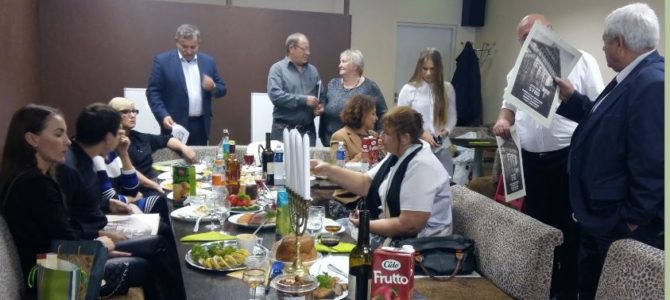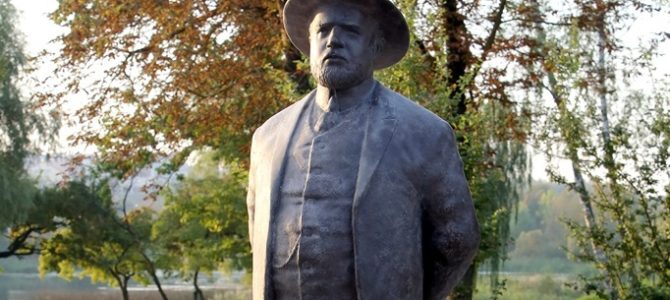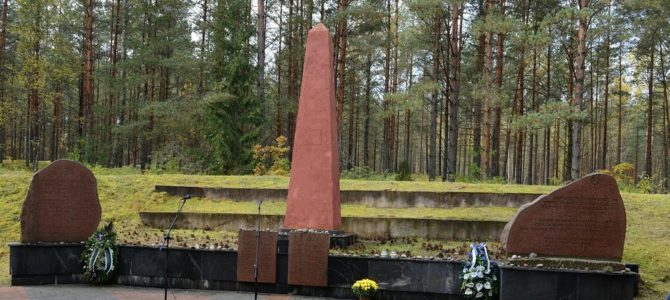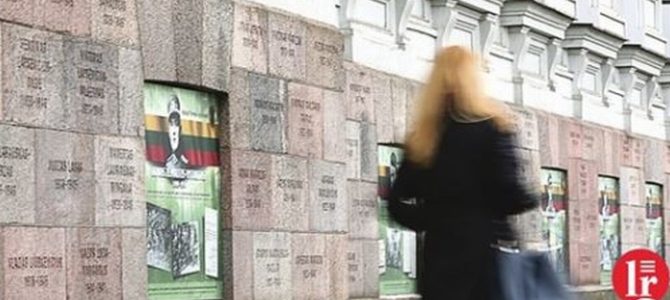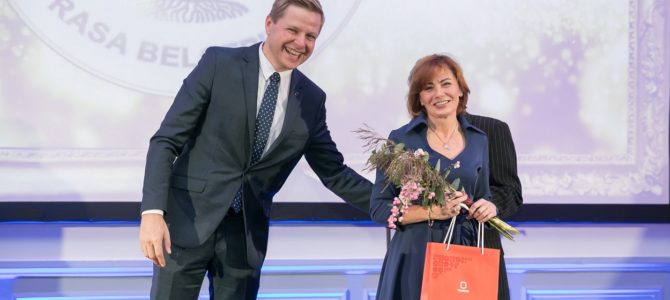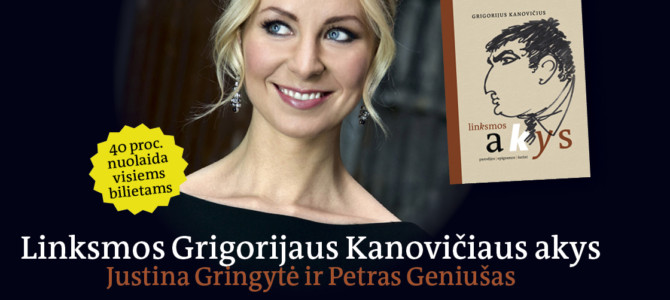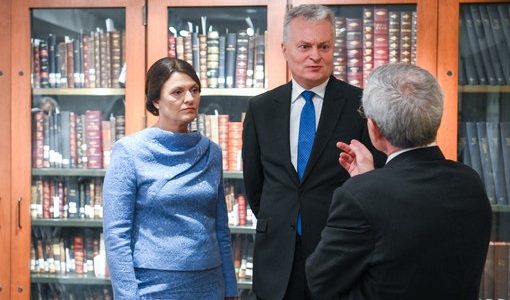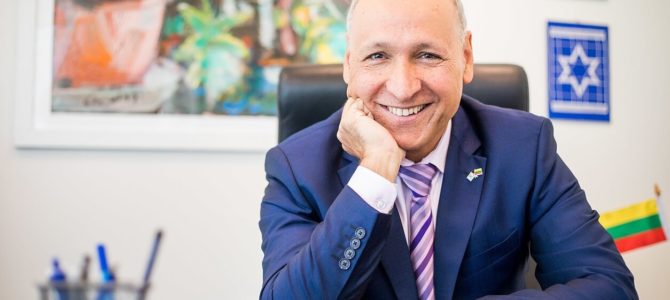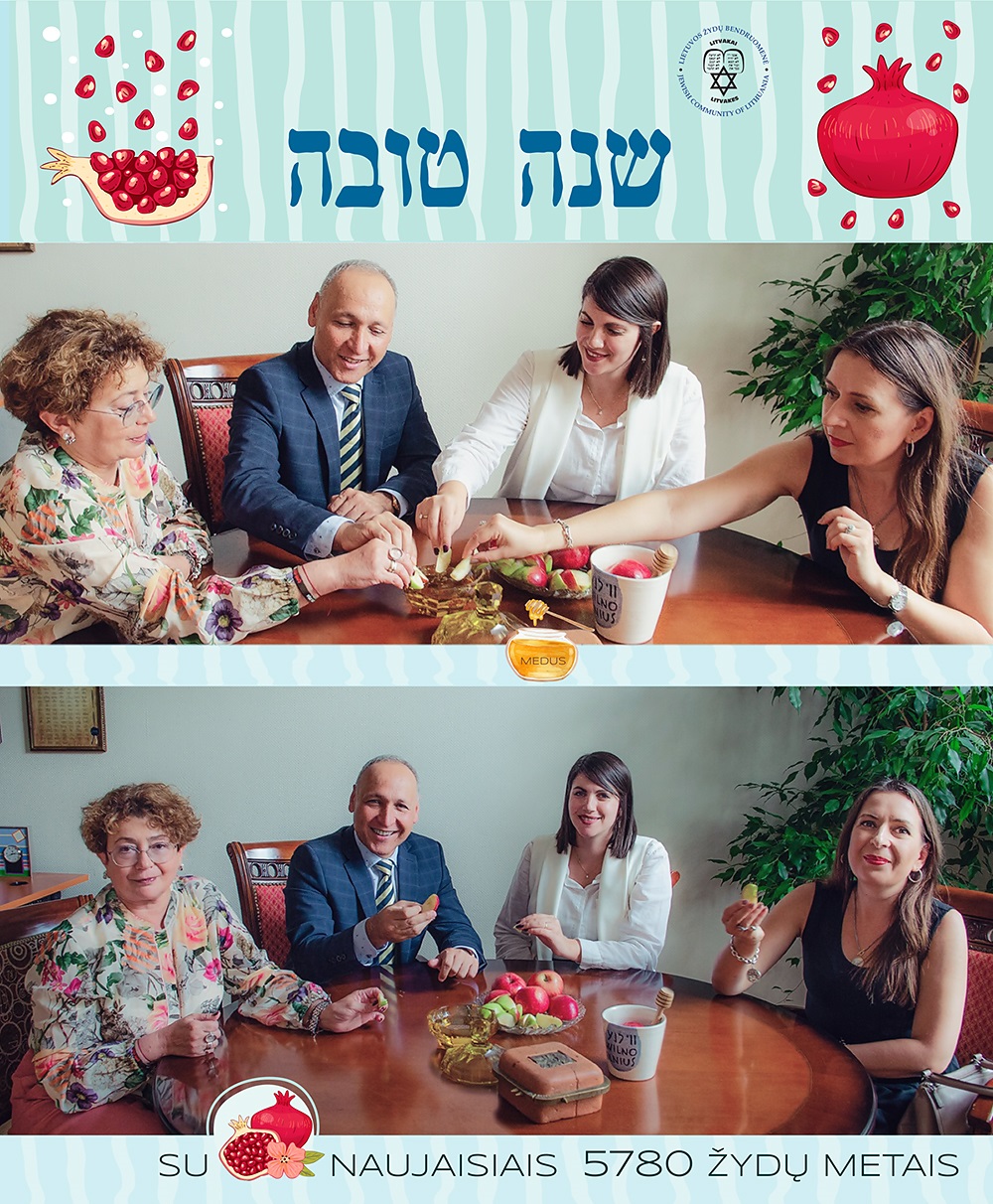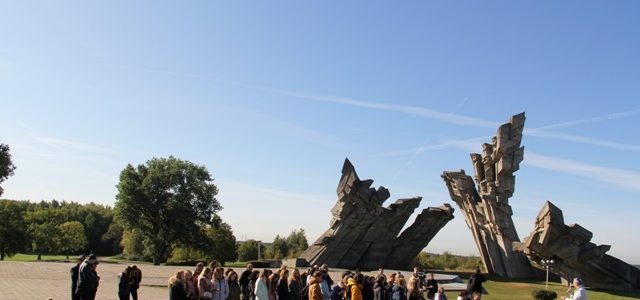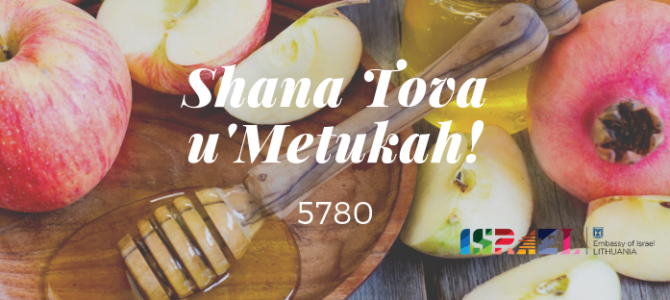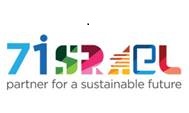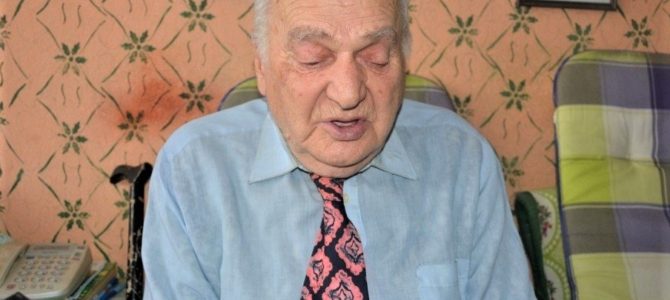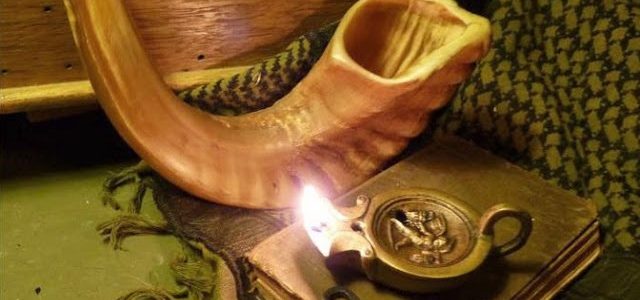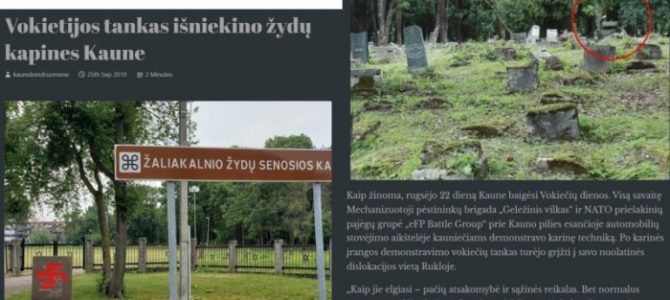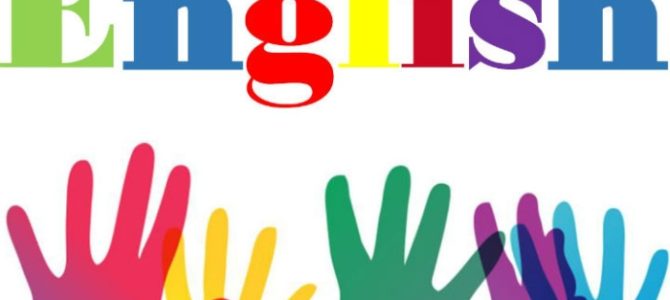H“B
The most iconic image of the Rosh Hashanah or Jewish New Year celebration is the blowing of the shofar horn. It is a ram’s horn and it is difficult to blow it correctly. The shofar reminds believers of the coming Day of Judgment. Jews gather at synagogue and read prayers for two days during the holiday.
An important Rosh Hashanah tradition is to take clothing to a body of water and shake the pockets out, symbolically ridding oneself of remaining sin. A special prayer is read for this. The ritual is called tashlikh (Hebrew “cast off”).
The main holiday treat on Rosh Hashanah is the pomegranate. This is replaced by apples and honey in Lithuania where the fruit doesn’t grow to maturity. The honey is intended to make the coming year sweet. In fact the salutation “sweet year” is a requisite part of the well-wishing involved in the holiday.
Often guests are served fish and it must have a head, because Rosh Hashanah literally translates as “head of the year.” A round loaf of challa bread is baked for the dinner table symbolizing the cyclicity of the year. On Rosh Hashanah G_d decides a person’s destiny for the coming year, in this case 5780. There is a Rosh Hashanah greeting, “khatima tova,” which is a wish for success you will be written into the Book of Life.
The tenth day of Rosh Hashanah is Yom Kippur, or the Day of Atonement. The Torah tells us not to do anything on that except reflect on our actions over the preceding year. It is the time when a final decision will be made regarding the destiny of the individual over the coming year. Jews wish one another “gmar khatima tova,” good luck with the final inscription.
The Vilnius Jewish Religious Community, the Lithuanian Jewish Community and the Goodwill Foundation greet you with “shana tova u’metuka,” or “sweet new year,” and hope to see you at synagogue!
Simas Levinas, chairman
Vilnius Jewish Religious Community


